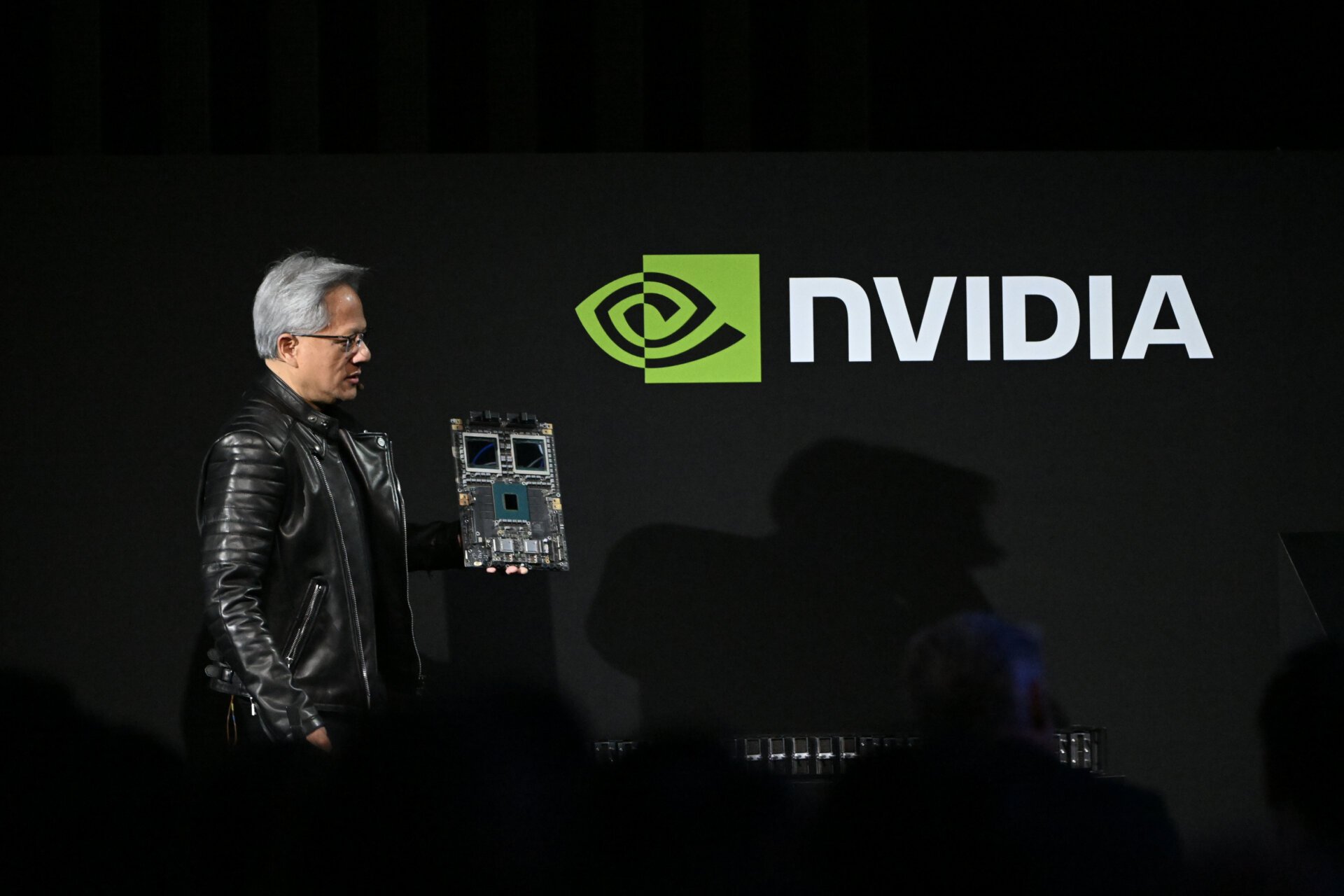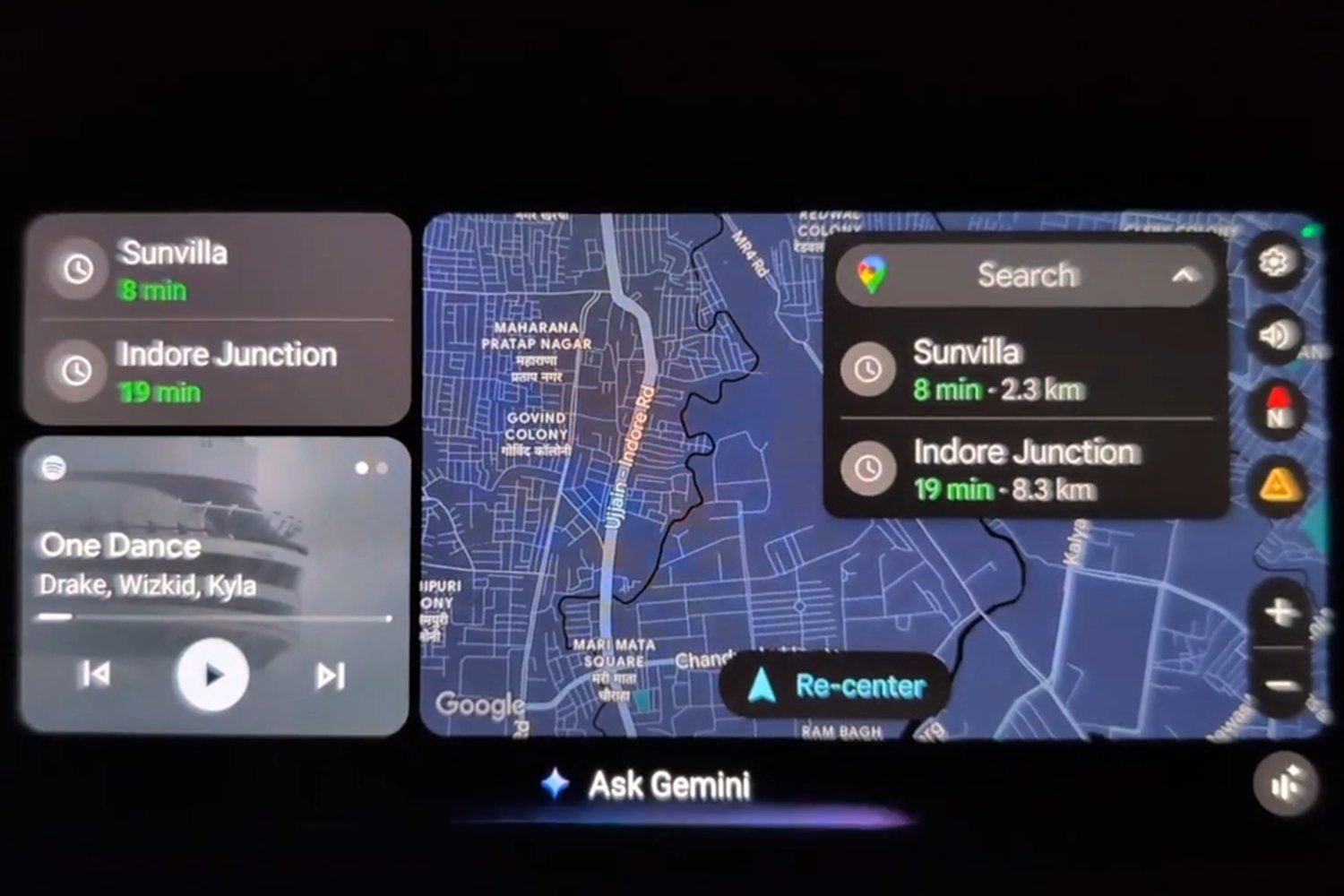DOGE, the Department of Government Efficiency, has gained access to sensitive federal databases, including those of the IRS and Social Security Administration. This access raises concerns about cybersecurity vulnerabilities, privacy violations, and the potential use of this data to train private AI systems. While the White House denies such usage, evidence suggests DOGE personnel also hold positions within Musk’s companies, raising questions about potential data transfer to entities like xAI.
As a political scientist and technologist familiar with public government data sources, I believe this potential data transfer poses significant privacy and power implications. A private entity developing AI technologies could leverage government data to gain a competitive edge and exert substantial influence over society.
The Unprecedented Value of Government Data for AI
Government databases are a goldmine for AI developers. While companies like OpenAI and Google rely on publicly available internet data, government repositories offer verified records of actual human behavior across entire populations.
This data is fundamentally different. Social media and browsing histories reflect curated behaviors, whereas government databases capture real decisions and their consequences. Medicare records reveal healthcare choices, IRS data shows financial decisions, and employment statistics reveal career trajectories.
The longitudinal nature and reliability of this data are crucial. Unlike online information, government records follow standardized protocols and undergo regular audits, ensuring accuracy. This breadth and authenticity are unmatched in the U.S. Critically, government databases track entire populations, including those not digitally active, offering a truly representative sample of human experience.
![]() Data representation
Data representation
Technical Advantages and the Rise of Frontier Models
Current AI systems face limitations due to training on potentially inaccurate internet data. They can reflect popular opinions but struggle to track real-world effects across populations and time. Government data can change this.
Imagine an AI trained not just on opinions about healthcare but on actual treatment outcomes. Or consider the difference between learning from social media discussions about economic policies versus analyzing their real impacts across demographics over decades.
A frontier model trained on comprehensive government data could understand the relationship between policies and outcomes. It could track unintended consequences, model complex societal systems with real-world validation, and predict the impacts of proposed changes based on historical evidence. This access would provide an insurmountable advantage for companies building next-generation AI.
Control of Critical Systems: From Healthcare to Urban Infrastructure
An AI trained on government data could transform – and potentially control – how we manage complex societal systems. While potentially beneficial under accountable public agencies, these capabilities pose a threat in the hands of a single private company.
Medicare and Medicaid databases contain treatment outcomes and costs over decades. A frontier model could identify successful treatment patterns, dominating the healthcare industry and influencing policy by offering superior predictive capabilities.
Treasury data is another valuable prize. Government financial databases contain granular details about money flow, enabling an AI to develop extraordinary capabilities for economic forecasting and market prediction, potentially predicting economic vulnerabilities and optimizing investment strategies.
Government databases also contain information about infrastructure usage, maintenance, and emergency response times. An AI trained on this data could understand the interconnectedness of these systems and how investments influence economic development. A private company with this insight could develop “smart city” systems, effectively privatizing aspects of urban governance.
The Potential for Corruption and the Threat to Democracy
A company like xAI, with Musk’s resources and DOGE access, could overcome obstacles more easily than competitors. Recent machine learning advances have reduced data preparation burdens, making government data a gold mine that rightfully belongs to the American people.
The threat transcends individual privacy. Even without personal identifiers, an AI analyzing patterns in government records could enable surprising predictive and influential capabilities at the population level, potentially even influencing electoral outcomes.
Concentrating unprecedented data in the hands of a private entity with a political agenda challenges the republic. The question is whether the American people can resist the potential corruption such concentration enables. If not, we risk becoming digital subjects rather than citizens.
This article is republished from The Conversation under a Creative Commons license. Read the original article.











